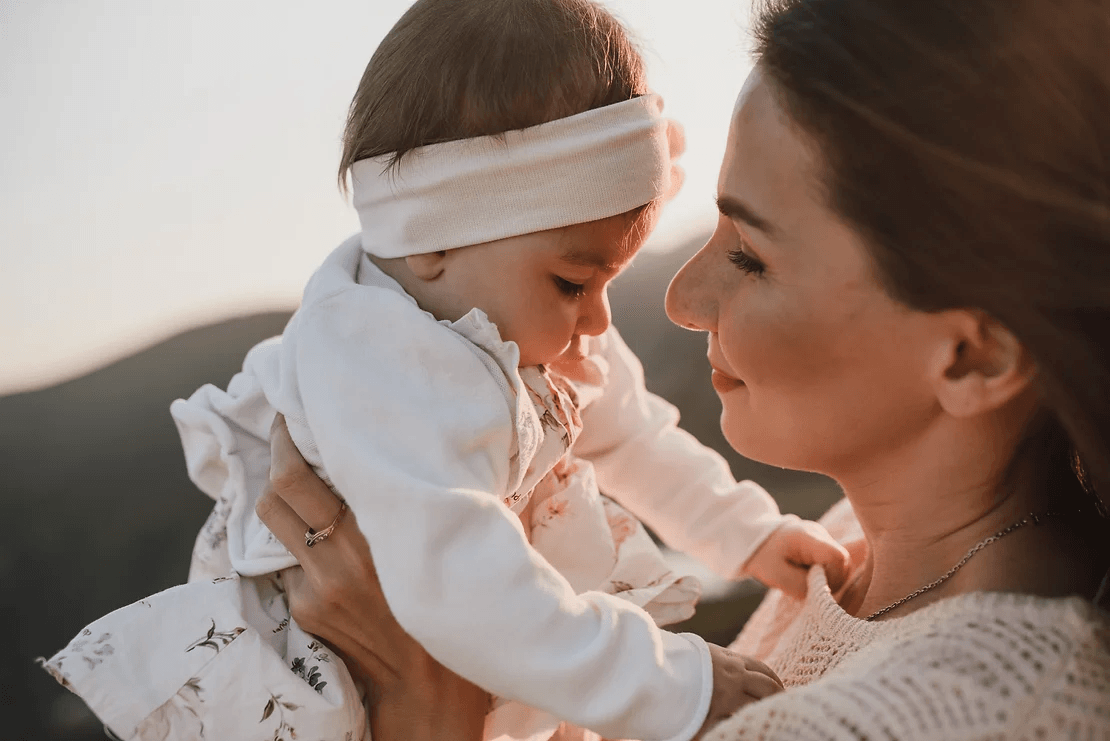
Conceiving at an Advanced Maternal Age
What does female fertility look like after 35? Will age affect the baby born to a mother at an AMA? Let us explore.
Us humans belong to one of the least fertile mammal groups. Our biological clocks tick way too fast, especially for women. Fertility declines fast after 35 years of age. But what does that mean in terms of risks in pregnancy? Let us tell you what these risks involve-Delay pregnancy
After the mid to late 30s, the egg quality and quantity decline steeply. The eggs lose their ability to be fertilized as the woman’s age progresses. Being born with a limited number of eggs, if TTC continues for more than 6 months, it is advised to seek treatment.
Increases chances of multiple pregnancies
As you become older, your chances of having twins rise. This is because many eggs may release simultaneously as a result of hormonal changes.
Increases risks of gestational diabetes
Pregnant women can develop this kind of diabetes. Older age makes it more prevalent.
Through food and exercise, people with gestational diabetes must keep their blood sugar under strict control. Gestational diabetes, if untreated, can result in a baby's growth being above average. An injury during birth is more likely if the baby is larger in size. Premature birth, high blood pressure throughout pregnancy, and complications for your unborn child are other risks increased by gestational diabetes.
Risk of increased blood pressure
Pregnancy-related high blood pressure is more prevalent in older age groups. Your doctor will keep a close eye on your blood pressure as well as the growth and development of your child. You'll have to visit your doctor more frequently if you experience high blood pressure while pregnant. In order to avoid difficulties, you might also need to deliver your baby earlier than expected.
Chromosomal conditions
There is an increased incidence of some genetic disorders, such as Down syndrome, in children born to older moms.
So, don't lose hope. You have some chance to conceive as younger women do. There are some minor differences like lower chances of twins and higher risks for miscarriages, but how many things in life are 100% guaranteed? Even before you get pregnant, the decisions you make today could have a long-term impact on your unborn child. Consider being pregnant as a chance to care for your unborn child and get ready for the exciting changes that will come.
- Popular Tag:
- Conceiving At An Advanced Maternal Age






Comment (0)